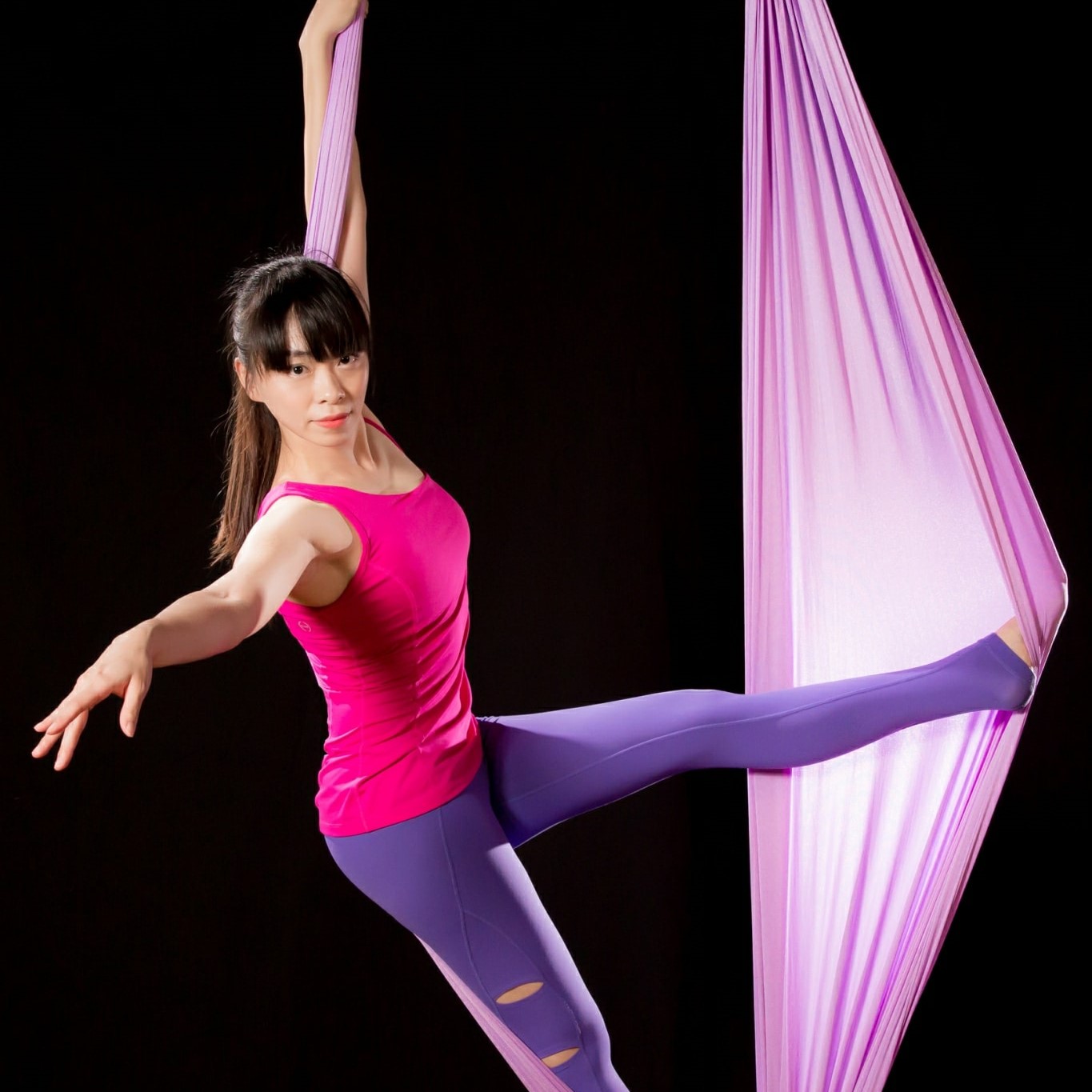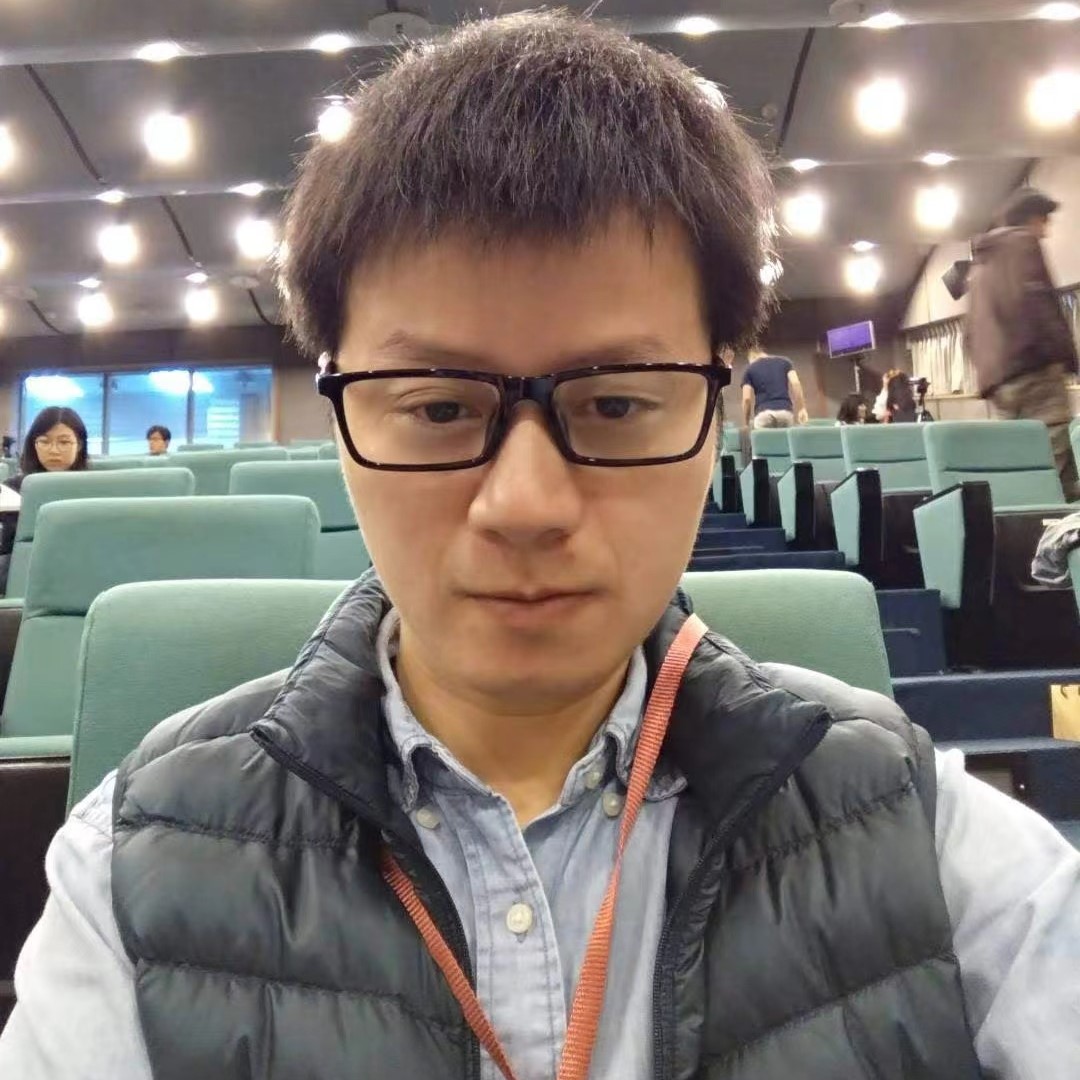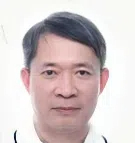Introduction
With the advancement of the Internet and mobile technology, learning has been occurred along with the interaction among environments, teachers, and students anytime and anywhere for formulating ubiquitous and contextual learning beyond traditional (face-to-face) learning. From the perspective of social constructionism, learning theory recently emphasizes collaborative learning, autonomic learning, mobile learning, and social learning. Scholars also continuingly pay attention to explore how the Internet and mobile technology enhance learning and further support formal and informal learning. It would be helpful to discover new research issues and create innovative learning environments if we could understand the current challenges learners and educators may be confronted with when involving in mobile, ubiquitous and contextual learning process. Therefore, the theme of the sub-conference (C2) welcomes scholars, teachers, and practitioners interested in this field to work together to explore the related academic issues and share experiences.
Paper Submission Topics (including but not limited to the following)
1.Theoretical consideration of mobile, ubiquitous & contextual learning.
2.Research methods of mobile, ubiquitous & contextual learning.
3.Development of systems, tools, and learning materials for mobile, ubiquitous & contextual learning.
4.Learning activities design and instructional strategy application for mobile, ubiquitous & contextual learning.
5.Innovative practice cases and learning effectiveness evaluation for mobile, ubiquitous & contextual learning.
6.Learning process analysis of personalized learning and social interaction in mobile, ubiquitous & contextual learning environments.
7.Construction of mobile, ubiquitous & contextual learning environments: policy, course design, teacher professional development, and learning autonomy.
8.Techniques and strategies for integrating tablet PC into classroom.
9.Instructional strategy and application for the technical model of Bring Your Own Device (BYOD).
10.Learning effectiveness evaluation for the technical model of Bring Your Own Device (BYOD).
11.Educational application of virtual reality/augmented reality (VR/AR).
12.Instructional strategy and application for flipped classroom.
Paper Submission
Full manuscripts shall be submitted to the conference for review. Abstract submissions will NOT be accepted. This conference uses double-blind review,
which means that both the reviewer and author identities are concealed from the reviewers, and vice versa, throughout the review process. Please kindly
note that when authors submit papers for review, the authors’ information has to be blinded in the title, the contents, and the reference part. After
the paper is being accepted, the author information will be displayed in the final version of the submitted paper.
1.Authors should only prepare submissions in Chinese (Long paper: 8 pages; Short paper: 4 pages; Poster: 2 pages). Submissions written in Chinese
should include the title, abstract and keywords written in both Chinese and English.
2.Authors should make submissions by uploading papers onto the Submission System of the conference
https://easychair.org/conferences/?conf=gccce2025
3.Authors should submit papers with PDF format. Please make use of the paper template for preparing submissions.
4. Please pay attention to all English papers, regardless of topic, please submit to English Paper Track。
5. At least one author is required to register and present for publication once a paper is accepted.
C2 Program Committee
Executive Chair

HSIA Lu-Hoia
Chin-Yi University of Technology(Taiwan)
Co-Chairs

MA Ning
Beijing Normal University(Mainland China)

FU qing-ke
Huzhou University(Mainland China)

LIANG Hsin-Yi
I-SHOU University(Taiwan)

HWANG Gwo-Haur
Yunlin University of Science and Technology(Taiwan)
Program Committee Members
Chang Shao-Chen, Yuan Ze University
Lai Chiu-Lin, Taipei University of Education
Chang Chun-Chun, Chang Gung University Of Science and Technology
Chen Chih-Hung, Taichung University of Education
Yang Kai-Hsiang, Taipei University of Education
Chin Kai-Yi, Soochow University
Wang Axi, Beijing Union University
Wang Qi, Beijing Foreign Studies University
Yang Xian-Min, Jiangsu Normal University
Zheng Lanqin, Beijing Normal University
Yu Liang, Southwest University
Xue Feng-We,i Ludong University
Qiao Ailing, Capital Normal University
Sun Zhong, Capital Normal University
Lee Chia-Rong, Yunlin University of Science and Technology
Zeng Jian-wei, Taichung University of Science and Technology
Chen Chin-Yu, Taiwan University of Science and Technology
Huang Xiu-ling, Taiwan Normal University
Koong Chorng-Shiuh, Taichung University of Education
Liao Yi-Wen, Kaohsiung University of Science and Technology
Sun Yu-Chih, Yunlin University of Science and Technology
Wang Dai-Yi, Providence University
Chen Chiu-Jung, Chiayi University
Chang Ching-Yi, Taipei Medical University
Tu Yun-fang, Wenzhou University
Huang Hsin, Taipei University of Nursing and Health Sciences
Lin Hui-Chen, Taipei Medical University
Chiu Min-Chi, Taichung University of Science and Technology

HSIA Lu-Hoia
Chin-Yi University of Technology(Taiwan)

MA Ning
Beijing Normal University(Mainland China)

FU qing-ke
Huzhou University(Mainland China)

LIANG Hsin-Yi
I-SHOU University(Taiwan)

HWANG Gwo-Haur
Yunlin University of Science and Technology(Taiwan)
Chang Shao-Chen, Yuan Ze University
Lai Chiu-Lin, Taipei University of Education
Chang Chun-Chun, Chang Gung University Of Science and Technology
Chen Chih-Hung, Taichung University of Education
Yang Kai-Hsiang, Taipei University of Education
Chin Kai-Yi, Soochow University
Wang Axi, Beijing Union University
Wang Qi, Beijing Foreign Studies University
Yang Xian-Min, Jiangsu Normal University
Zheng Lanqin, Beijing Normal University
Yu Liang, Southwest University
Xue Feng-We,i Ludong University
Qiao Ailing, Capital Normal University
Sun Zhong, Capital Normal University
Lee Chia-Rong, Yunlin University of Science and Technology
Zeng Jian-wei, Taichung University of Science and Technology
Chen Chin-Yu, Taiwan University of Science and Technology
Huang Xiu-ling, Taiwan Normal University
Koong Chorng-Shiuh, Taichung University of Education
Liao Yi-Wen, Kaohsiung University of Science and Technology
Sun Yu-Chih, Yunlin University of Science and Technology
Wang Dai-Yi, Providence University
Chen Chiu-Jung, Chiayi University
Chang Ching-Yi, Taipei Medical University
Tu Yun-fang, Wenzhou University
Huang Hsin, Taipei University of Nursing and Health Sciences
Lin Hui-Chen, Taipei Medical University
Chiu Min-Chi, Taichung University of Science and Technology
